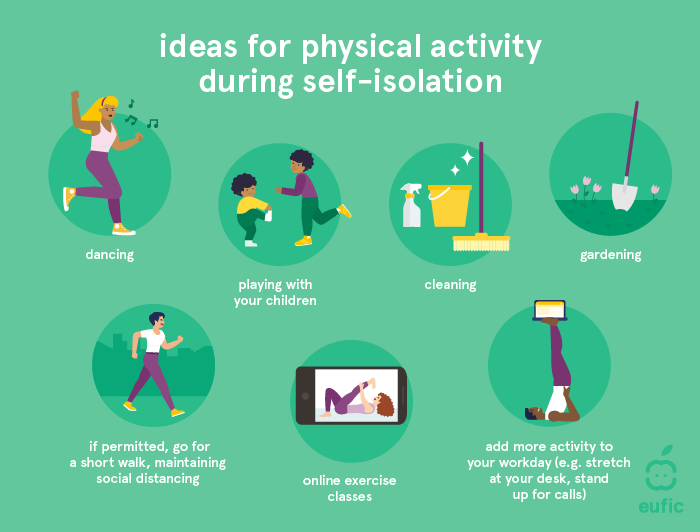In recent years, health experts have emphasized that prevention is far better than cure. As modern lifestyles become more fast-paced and stressful, many people neglect basic wellness routines that can protect them from illness. The rise in chronic diseases such as diabetes, hypertension, and heart problems has led doctors and nutritionists to call for a return to simple, sustainable healthy habits.
Living a healthy life doesn’t require expensive diets or complicated routines. According to medical researchers, maintaining daily balance — in diet, sleep, exercise, and mindset — can significantly strengthen the body’s immune system. Below are seven essential tips for developing a healthy lifestyle that helps you stay strong and less prone to getting sick.
Maintain a Balanced and Nutritious Diet
A balanced diet is the foundation of good health. Nutritionists recommend including a variety of foods rich in vitamins, minerals, and fiber. Fresh vegetables, fruits, lean proteins, and whole grains help keep your body energized and your immune system active.
Avoid excessive consumption of processed foods, high sugar, and saturated fats. These can lead to inflammation and weaken your body’s natural defenses. It’s also essential to stay hydrated. Drinking enough water supports your metabolism and helps flush out toxins. Experts suggest drinking at least two liters of water daily or more, depending on activity level and climate.
Incorporating superfoods such as yogurt, berries, spinach, and nuts into your daily meals can boost antioxidant intake, reducing your chances of infections and fatigue.
Get Regular Physical Exercise
Regular exercise doesn’t just keep you fit — it strengthens your heart, improves circulation, and boosts mood. Even moderate activities such as walking, cycling, or yoga for 30 minutes a day can enhance your immune response.
Physical activity also helps reduce stress hormones, which are known to suppress immune function. Studies from the World Health Organization (WHO) suggest that adults should aim for at least 150 minutes of moderate exercise or 75 minutes of vigorous activity per week.
Consistency is key. You don’t have to push yourself too hard; simple daily movement like stretching, gardening, or using the stairs instead of elevators can make a meaningful difference in your overall health.
Prioritize Sleep and Manage Stress
One of the most overlooked aspects of good health is quality sleep. During deep sleep, the body repairs tissues, regenerates cells, and strengthens immune memory. Adults should aim for 7–8 hours of restful sleep each night. Inadequate sleep can make you more susceptible to viruses and infections.
Equally important is managing stress. Chronic stress elevates cortisol levels, which weakens immune responses and contributes to illnesses such as ulcers, hypertension, and depression.
Experts recommend incorporating mindfulness practices such as meditation, deep breathing, or journaling to relieve stress. Taking short breaks throughout the day and disconnecting from digital devices before bedtime can also improve mental clarity and sleep quality.
Maintain Hygiene and Avoid Risky Habits
Practicing good hygiene is one of the simplest yet most effective ways to prevent illness. Washing your hands regularly, especially before meals and after using the restroom, can reduce the risk of infections by more than 40%, according to the Centers for Disease Control and Prevention (CDC).
Additionally, avoid sharing personal items such as towels, water bottles, or utensils, as these can spread bacteria and viruses. Keeping your living space clean and ventilated helps eliminate germs and maintain good air quality.
It’s also crucial to stay away from harmful habits like smoking and excessive alcohol consumption. Both can weaken your immune system, damage organs, and increase vulnerability to respiratory and cardiovascular diseases. Replacing these habits with healthier alternatives — such as herbal teas, outdoor walks, or creative hobbies — can make a major difference in your overall well-being.
Building a Sustainable Healthy Lifestyle
Ultimately, living a healthy life is about consistency and awareness. The key is to make small, realistic changes rather than adopting extreme short-term habits. By focusing on nutritious food, regular exercise, adequate rest, and mindful living, you can build long-term resilience against illness.
Public health experts continue to encourage individuals to take responsibility for their daily choices, reminding that prevention starts at home. With the right lifestyle adjustments, everyone can enjoy stronger immunity, better mental clarity, and improved quality of life.



